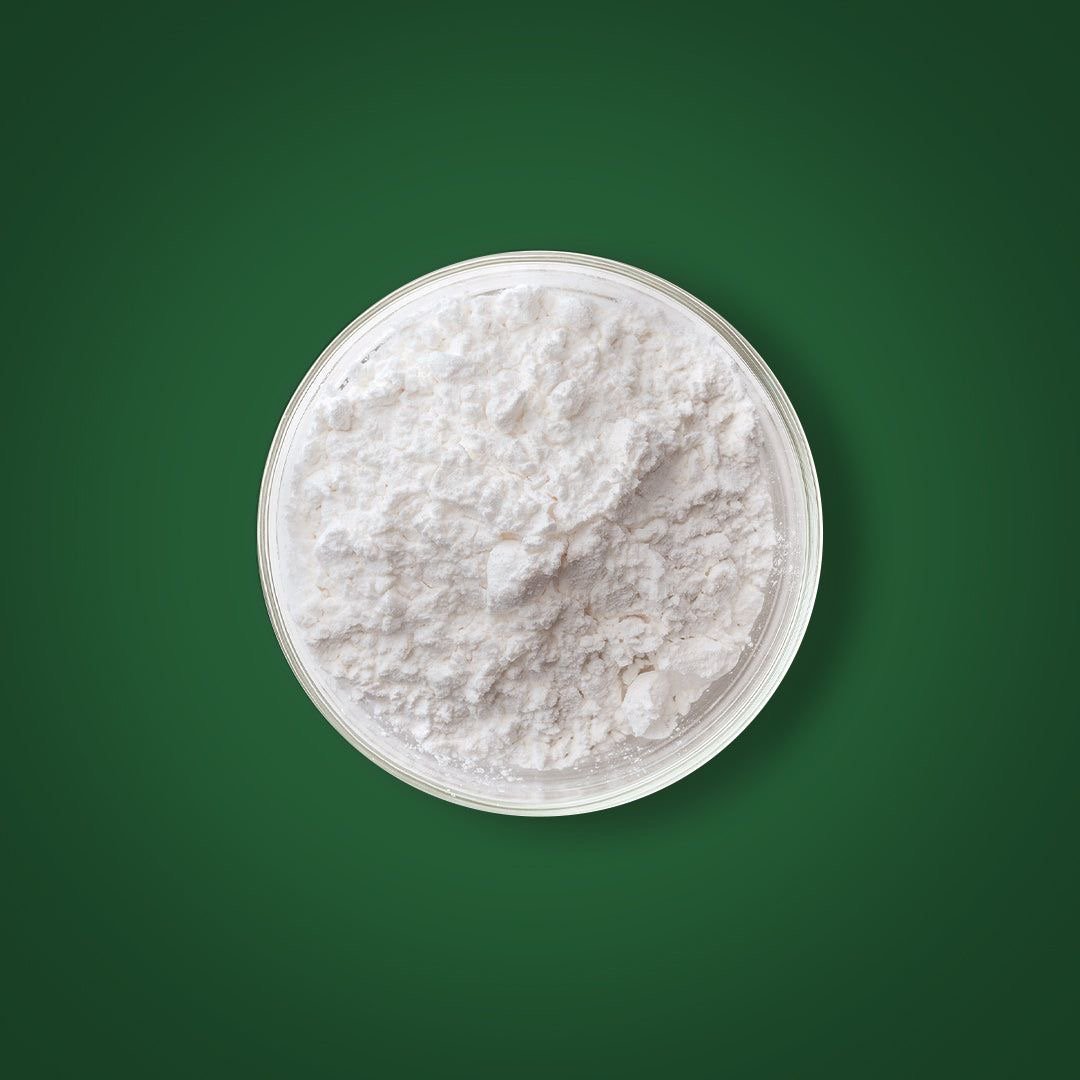Perhaps you’ve encountered amino acids on the shelves of your local health food store or discussed them with gym buddies. Despite their presence as supplements, they remain somewhat uncharted territory in the realm of wellness. Thus, beyond the basics from high school chemistry class, you might be intrigued by how amino acids influence your well-being. In this article, we delve into the significance of amino acids and their impact on your exercise routine.
Understanding Amino Acids and Their Functions
To comprehend how amino acids can aid your workout, it’s crucial to grasp their nature. Amino acids are the building blocks of proteins, serving as the foundation for essential compounds like neurotransmitters and hormones. These organic molecules consist of carbon, hydrogen, oxygen, and nitrogen.
The Count of Amino Acids
The human body relies on twenty known amino acids for its growth and functionality. Among them, nine are deemed essential, meaning the body cannot produce them naturally and must acquire them through diet or supplementation. Within these nine Essential Amino Acids (EAAs) are three Branched-Chain Amino Acids (BCAAs) of particular significance: leucine, isoleucine, and valine.
Essential Amino Acids (EAAs) BCAA (valine, leucine, and isoleucine):
These branched-chain amino acids possess a critical role in muscle building and repair. Leucine, in particular, is pivotal for post-workout recovery as it triggers Muscle Protein Synthesis, the body’s mechanism for rebuilding muscle tissue after exercise.
Lysine: Essential for tissue growth and repair, and aids in bolstering the body’s immune response.
Threonine: Supports various bodily functions, including cardiovascular, immune, and central nervous system health, as well as contributing to bone and tooth strength.
Phenylalanine: Vital for protein and enzyme synthesis, and serves as a precursor to tyrosine, influencing mood and cognitive function.
Methionine: Essential for producing several vital substances in the body and regulating metabolic and digestive processes.
Histidine: Utilized in histamine production, which regulates immune and physiological responses.
Tryptophan: Facilitates the production of melatonin and serotonin.
Non-Essential Amino Acids Alanine: Assists in toxin removal and provides energy to muscles and the central nervous system.
Arginine: Regulates blood pressure and hormone levels, and supports tissue health.
Asparagine: Promotes healthy brain and central nervous system function.
Aspartic Acid: Plays a key role in synthesizing other amino acids and functions as an essential component of enzymes facilitating chemical reactions in the body.
Cysteine: Stimulates collagen production for healthy hair, skin, and nails, and is crucial for the antioxidant glutathione.
Glutamine: Abundant in the body, with diverse functions including digestive, brain, and immune support.
Glutamate: Acts as a neurotransmitter in the central nervous system, providing energy to the brain.
Glycine: Critical for hearing, vision, and movement, and aids in tissue repair and digestion.
Proline: Essential for skin and tissue repair, particularly after soft tissue injuries, and helps regulate blood pressure.
Serine: Regulates muscle metabolism, immune function, mental clarity, and mood.
Tyrosine: Contributes to protein synthesis, thyroid hormone production, and neurotransmitter synthesis affecting stress response and mood.
Importance of Amino Acids and Why You Need Them
Every amino acid plays a vital role in maintaining the body’s functions. However, the focus is often on the nine essential amino acids since they must be obtained through diet. While these amino acids can be found in various foods, animal proteins such as eggs, meat, dairy, and fish provide all nine essential amino acids, making them “complete” proteins.
Amino acids become even more crucial when aiming to enhance workouts and muscle recovery. Foods containing complete proteins also contain BCAAs, which aid in Muscle Protein Synthesis (MPS). Certain foods boast high levels of BCAAs, making them ideal supplements before or after workouts. For instance, whey protein is rich in leucine, a BCAA directly involved in MPS.
How Amino Acids Enhance Your Workout
Amino acids play a significant role in athletic performance and recovery, as evidenced by research highlighting the benefits of BCAAs:
Reduced muscle soreness: Studies have shown that supplementing with leucine-rich BCAAs can alleviate muscle soreness following intense exercise.
Muscle growth and recovery: Ingesting BCAAs post-workout enhances Muscle Protein Synthesis, with leucine being particularly effective in stimulating this process.
Improved physical performance: Supplementation with BCAAs has been linked to enhanced reaction time, psychomotor performance, and reduced fatigue post-exertion in various athletic contexts.
Timing of Amino Acid Consumption
Amino acids can be consumed before or after workouts depending on your objectives. Pre-workout consumption enhances exercise performance and reduces fatigue, while post-workout intake, particularly from leucine-rich sources like whey protein, aids in recovery, decreases soreness, and promotes muscle growth and repair.
Interested in any Amino Acids? Our stock in The Netherlands consist of more than 40 various raw materials. Contact our team for more information.





